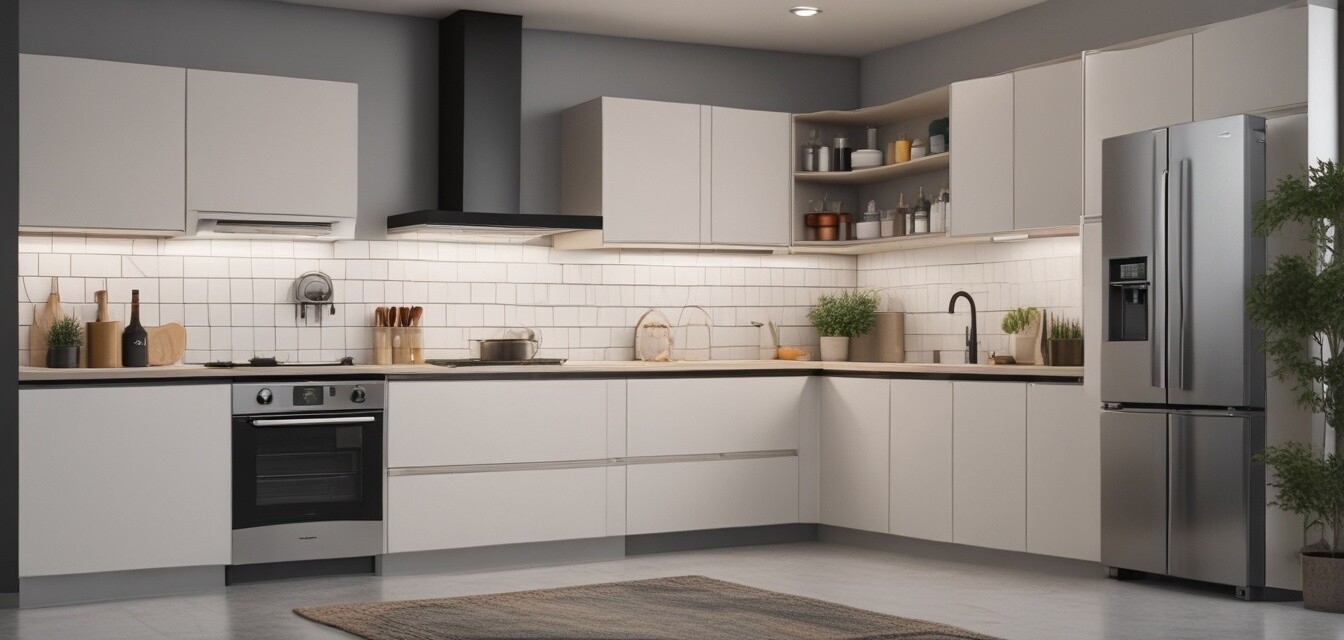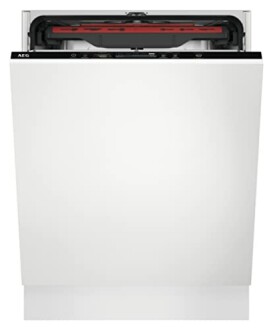
Reducing Water Usage with Energy Efficient Appliances
Key Takeaways
- Energy-efficient appliances can significantly reduce water consumption.
- Modern dishwashers often use less water than handwashing.
- Regular maintenance of appliances ensures optimal performance.
- Opt for appliances with eco-friendly ratings for greater savings.
- Understanding the features of your appliances can maximize efficiency.
In today’s world, sustainability is more important than ever, and reducing water usage in our homes is a significant step toward achieving a greener lifestyle. Energy-efficient appliances not only save on electricity costs but also help reduce overall water consumption. In this article, we will explore how optimizing the use of appliances like dishwashers and washing machines can lead to substantial water savings.
Understanding Energy Efficient Appliances
Energy-efficient appliances are designed to consume less power and water while maintaining the same performance levels as their conventional counterparts. This not only saves you money on utility bills but contributes positively to the environment. Here are some common types of energy-efficient appliances:
- Dishwashers
- Washing Machines
- Refrigerators
- Dryers
- Water Heaters
Dishwashers and Water Usage
Using a dishwasher can actually save more water compared to handwashing dishes. A standard dishwasher uses approximately 3 to 5 gallons per load, while handwashing can use up to 20 gallons for the same number of dishes.
AEG FSS64907Z Fully integrated Dishwasher
This fully integrated dishwasher features AirDry Technology and a MaxiFlex Drawer for flexible loading options, making it both energy-efficient and user-friendly.
Learn MoreOptimizing Your Dishwasher
To maximize the water-saving potential of your dishwasher, consider the following tips:
- Run the dishwasher only when it is full to maximize load efficiency.
- Utilize the eco mode, which uses less water and energy.
- Clean the filter regularly to ensure optimal performance.
- Invest in upgrading to a model with high efficiency ratings.
- Load dishes properly; avoid overloading and ensure spray arms can move freely.
Washing Machines and Water Usage
Washing machines are another significant contributor to household water use. An energy-efficient washing machine can use around 15 gallons per load, which is significantly lower than older models.
Maximizing Water Efficiency in Your Washing Machine
Here are some practices to enhance the efficiency of your washing machine:
- Always wash full loads to optimize water usage.
- Use cold water settings when possible to save energy and water.
- Choose shorter cycles for lightly soiled laundry.
- Regularly maintain your washer for peak performance.
- Consider models with built-in water-saving features.
Other Energy Efficient Appliances
Aside from dishwashers and washing machines, other appliances also play a role in reducing water consumption:
| Appliance Type | Water Consumption (per cycle) | Energy Class |
|---|---|---|
| Dishwasher | 3 to 5 gallons | C |
| Washing Machine | 15 gallons | B |
| Refrigerator (with icemaker) | 25 gallons (per month) | A+ |
| Showerhead | 2.5 gallons per minute | Low-flow types |
Conclusion
Utilizing energy-efficient appliances not only helps reduce your electricity bills but is an essential strategy for conserving water in your home. By understanding how to operate these devices effectively, you can make a substantial impact on your household’s water consumption. By making smarter choices and investing in modern, efficient models, you're contributing to both saving money and protecting our planet.
Beginner's Tips
- Learn about the eco-features of your appliances before use.
- Start with small changes like optimizing your load sizes.
- Consult user manuals for specific tips on energy and water savings.
- Track your water bill to see the savings from using efficient appliances.
- Stay updated on the latest technologies and innovations in energy-efficient appliances.

